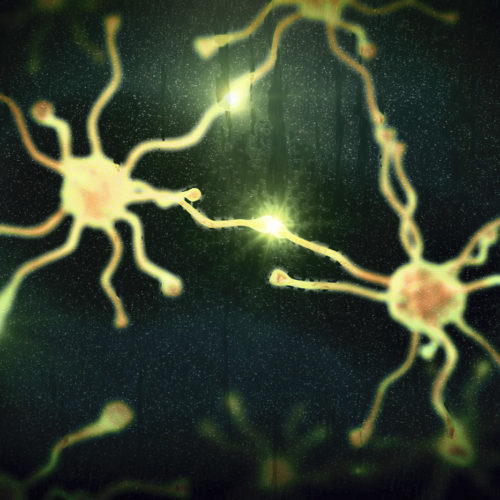This post was originally published on this site Alzheimer’s disease patients carrying a gene found only in humans, called CHRFAM7A, are less responsive to cholinesterase inhibitors, a new study reports. These findings may explain why some therapeutic benefits seen in animal studies have failed to translate to patients. Kinga Szigeti, MD, PhD, director of the…
Category: Alzheimer’s
Samus Therapeutics Launches Phase 1 Trial of Tau-targeting Therapy
This post was originally published on this site Following the approval of its investigational new drug (IND) application by the U.S. Food and Drug Administration (FDA), Samus Therapeutics is launching a Phase 1 trial in the United States to evaluate the safety of its investigational therapy PU-AD, an epichaperome inhibitor, for the treatment of Alzheimer’s…
Samumed’s SM07883 Can Prevent Tau-Mediated Neuroinflammation, Neurodegeneration in Mice, Study Shows
This post was originally published on this site The small molecule inhibitor SM07883, being developed by Samumed, can effectively prevent tau protein toxic accumulation, and tau-mediated neuroinflammation in mice, data from preclinical studies show. As tau-associated mechanisms are implicated in Alzheimer’s disease, these findings suggest that SM07883 may represent a new strategy for the treatment…
Having Close Relatives With Alzheimer’s is Linked to Worse Memory, Study Says
This post was originally published on this site Having close relatives with Alzheimer’s disease is linked to poorer memory, a new study has found. The study, titled “Family history of Alzheimer’s disease alters cognition and is modified by medical and genetic factors,” was published in eLIFE. Having a family history of Alzheimer’s disease and dementia…
What to Do When Elderly Parents Deny They Have Alzheimer’s Disease
This post was originally published on this site An Alzheimer’s diagnosis is perhaps one of the most difficult to accept, and yet an estimated 50 million people around the globe have Alzheimer’s or related dementia. How many suffer from the disease but haven’t been diagnosed — or deny their diagnosis — is unclear. Described by…
Healthy Lifestyle Choices May Lower Risk of Cognitive Decline and Alzheimer’s Dementia, Research Shows
This post was originally published on this site Healthy lifestyle choices — maintaining an active mind, a nutritious diet, and regular exercise — may help protect against cognitive decline and dementia, new research shows. Moreover, cigarette smoking and alcohol abuse seem to be associated with cognitive impairment and increased dementia risk. These are the main…
Therapeutic Inhibitors of LIMK1 May Help Halt Cognitive Decline in Alzheimer’s, Study Suggests
This post was originally published on this site Inhibition of a protein called LIMK1 may help prevent the loss of dendritic spines — the connections between neurons in the brain — triggered by the build-up of beta-amyloid in early stage Alzheimer’s disease, a study has found. “This is the first study to showcase that inhibiting…
Differences in How Proteins Spread in Brain May Explain Increase in Alzheimer’s Risk With Age, Mouse Study Suggests
This post was originally published on this site Differences in how proteins move in the brain at older ages may explain why the risk of Alzheimer’s disease increases with age, according to a new study in mice. The study, “Experimental evidence for the age dependence of tau protein spread in the brain,” was published in…
An Aging Population Creates Caregiver Fatigue
This post was originally published on this site Caregivers of a certain age may remember the late comedienne Lucille Ball’s “Vitameatavegamin“ sketch. The famous, very funny redhead asks: “Are you tired, rundown, listless? Do you poop out at parties?” For most caregivers, the answer is a resounding “yes,” perhaps especially for those who care for…
MemTrax, An Online Test, Helps Track Cognitive Problems in Alzheimer’s
This post was originally published on this site An online test, called MemTrax, may help screen and predict the progression of cognitive impairment in Alzheimer’s and other disorders, according to a new study using artificial intelligence. The research, “Episodic-Memory Performance in Machine Learning Modeling for Predicting Cognitive Health Status Classification,” was published in the Journal…











